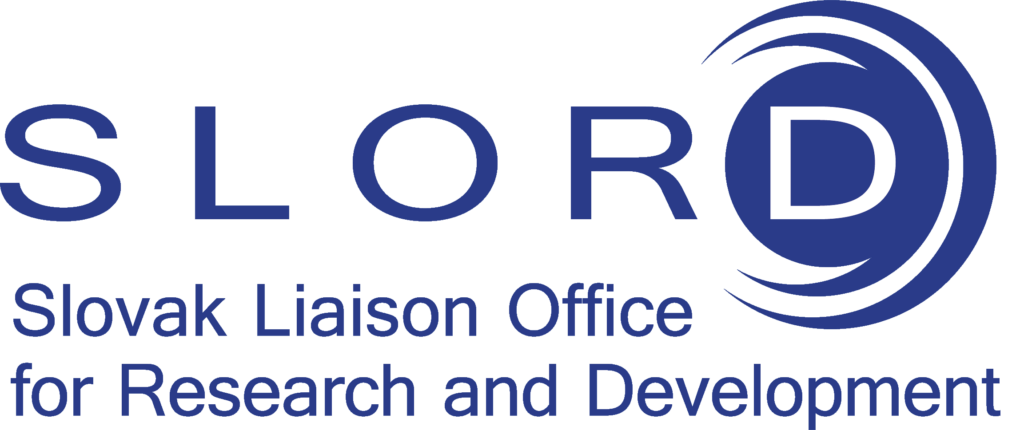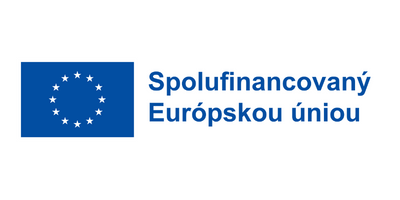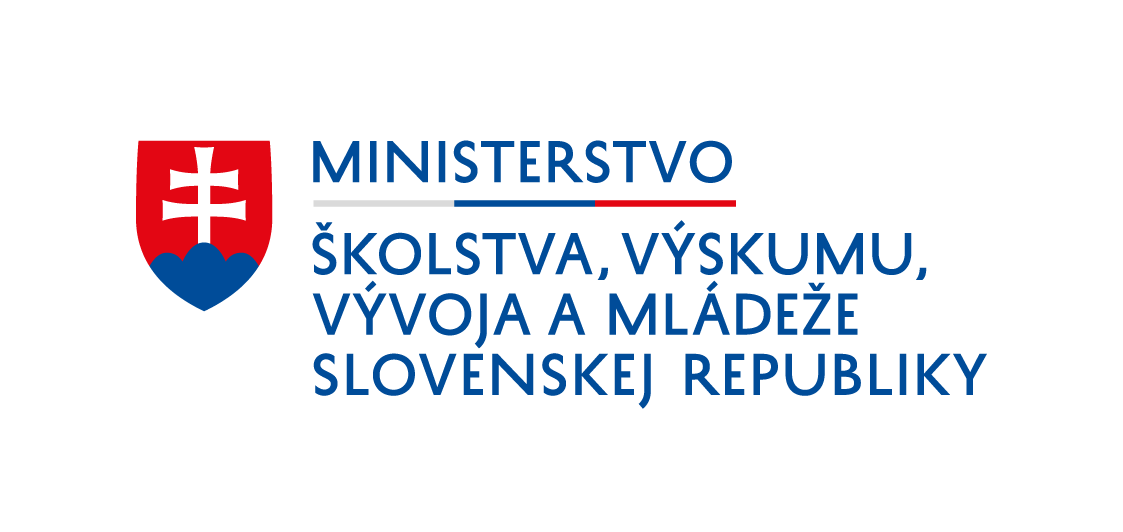
For the fifth time, the ESET Science Award 2023 was presented to outstanding scientific and academic personalities from Slovakia. The awards are intended to recognise exceptional individuals in Slovak science, taking into account not only their work, but also their contribution to other areas of life.
On Thursday 12 October, an international committee chaired by 2019 Nobel Prize laureate and astrophysicist Michel Mayor, who in 1995, along with Didier Queloz, discovered 51 Pegasi b, the first extrasolar planet orbiting a sun-like star, selected this year’s ESET Science Award winners based on an extensive evaluation process. The other members of the international committee were Anne Leriche, researcher and professor, Maria Grazia Valsecchi, oncologist from Italy, Dominique Bonvin, professor from Switzerland, and Jan Konvalinka, Czech biochemist.
Category of Outstanding Scientist
Ing. Igor Lacík, DrSc., who was awarded the title of Outstanding Scientist in Slovakia, works at the Institute of Polymers of the Slovak Academy of Sciences, where he and his team manage to keep finding new uses for polymer materials in the treatment of diabetes.
The main concept behind this method is to employ polymers to encapsulate insulin-producing cells, protecting them from the immune system and ensuring their long-term survival when transplanted into diabetic patients. The encapsulated islets can produce insulin like a healthy pancreas. This approach aims to strike a balance between the islets interpreting glucose levels correctly and avoiding the immune system’s response. If successful, this treatment could revolutionize the lives of diabetic patients and high-risk individuals like children and pregnant women. Igor Lacík’s team collaborates with various organizations, including companies, academic institutions, and hospitals, and has received prestigious grants for their work. They also work on other applications of water-soluble polymers in various products like water-treating flocculants, shampoo and toothpaste thickeners, detergents, and concrete additives. Their research has provided valuable insights into polymerization systems, benefiting institutions worldwide. This area had been unknown to the world until a team of Slovak scientists recently started researching it.
Category of Outstanding Scientist under the age of 35
RNDR. Matej Baláž, PhD., who is a laureate in the category of Outstanding Scientist under the age of 35 works at the Institute of Geotechnics of the Slovak Academy of Sciences in Košice.
His research focuses on solvent-free chemistry, also called mechanochemistry, which uses mechanical energy in the form of grinding and creates nanomaterials that can be used in energy conversion or in medicine. This approach offers environmental benefits compared to traditional chemistry. Baláž initially explored mechanochemistry during his postgraduate studies, where he dealt with mechanochemistry by processing eggshells for their ability to treat waste water, remove chlorine from PVC-based waste and provide the option to create semiconducting lead (II) sulphide by reacting the sulphur present in the eggshell membrane with lead (II) acetate. He is currently investigating the potential for producing other sulphides using this method. Mechanochemistry’s applications in waste recycling extend beyond eggshells. Working with a postgraduate student from Kazakhstan, Baláž identified the possibility of recovering copper from copper slag, with milling significantly improving the copper yield.
Category of Outstanding Academic
Prof. MUDr. Daniela Ostatníková, PhD., the laureate in the Outstanding Academic category, is the head of the Institute of Physiology and vice-dean for international relations of the Faculty of Medicine of Comenius University Bratislava.
Her science work has long been about researching the effect of sex hormones on specific cognitive abilities in both sexes. She initially focused on the relationship between testosterone levels and cognitive abilities in men and women, establishing the theory of optimal testosterone levels for different cognitive functions.
Ostatníková has also made significant contributions to the field of autism research and awareness in Slovakia.
In 2013, Professor Ostatníková founded the Academic Research Center for Autism, the only academic institution in Slovakia conducting interdisciplinary research into the causes of autism. The centre offers evidence-based information on screening, diagnostics, education, and research for parents and experts. Her research team investigates various factors linked to autism, including genetics, sex hormones and their metabolism, gut microbiota, digestion, sleep, and immunity disorders. Notably, they discovered that autistic children exhibit distinct gut microbiomes and hypothesize that correcting this microbiome, possibly through tailored probiotics, could positively influence clinical symptoms. A significant proportion of children with autism spectrum disorders also experience digestive issues.
Beyond her research, Professor Ostatníková played a pivotal role in shaping legislation to establish standardized procedures for early screening and diagnosis of autism in Slovakia. As a result, autism screening is now integrated into primary care pediatrics and regular psychomotor development assessments for children.
Category of Public Award
During the scientific gala evening, the Public Award was also announced. It was awarded to pharmacologist prof. PharmDr. Daniela Ježová, DrSc., who works at the Institute of Experimental Endocrinology of the Slovak Academy of Sciences and at the Faculty of Medicine of Comenius University in Bratislava. Professor Ježová’s research primarily revolves around the effects of hormones on stress management and their involvement in mental disorders. Her team made a ground-breaking discovery regarding the stress hormone aldosterone, showing that it impacts brain function and contributes to the development and progression of depression. High concentrations of aldosterone serve as a marker for the mental state of individuals with depression.
While her work is rooted in basic research, Professor Ježová believes that her findings will not only inspire further studies but also lay the foundation for innovative treatments for depressive disorders. Her ultimate goal is to translate experimental knowledge into practical applications for improving the lives of people.
In addition to her work on stress, Professor Ježová and her team also investigate the connection between mothers and their new-born children. They use the mandatory heel prick test, conducted to screen for congenital disorders, as a stressful situation to study hormone levels in the saliva of both mothers and infants. This research aims to demonstrate the interconnectedness of a mother’s hormonal system with that of her child, shedding light on their physiological bond.
Published on 07.11. 2023, slord



